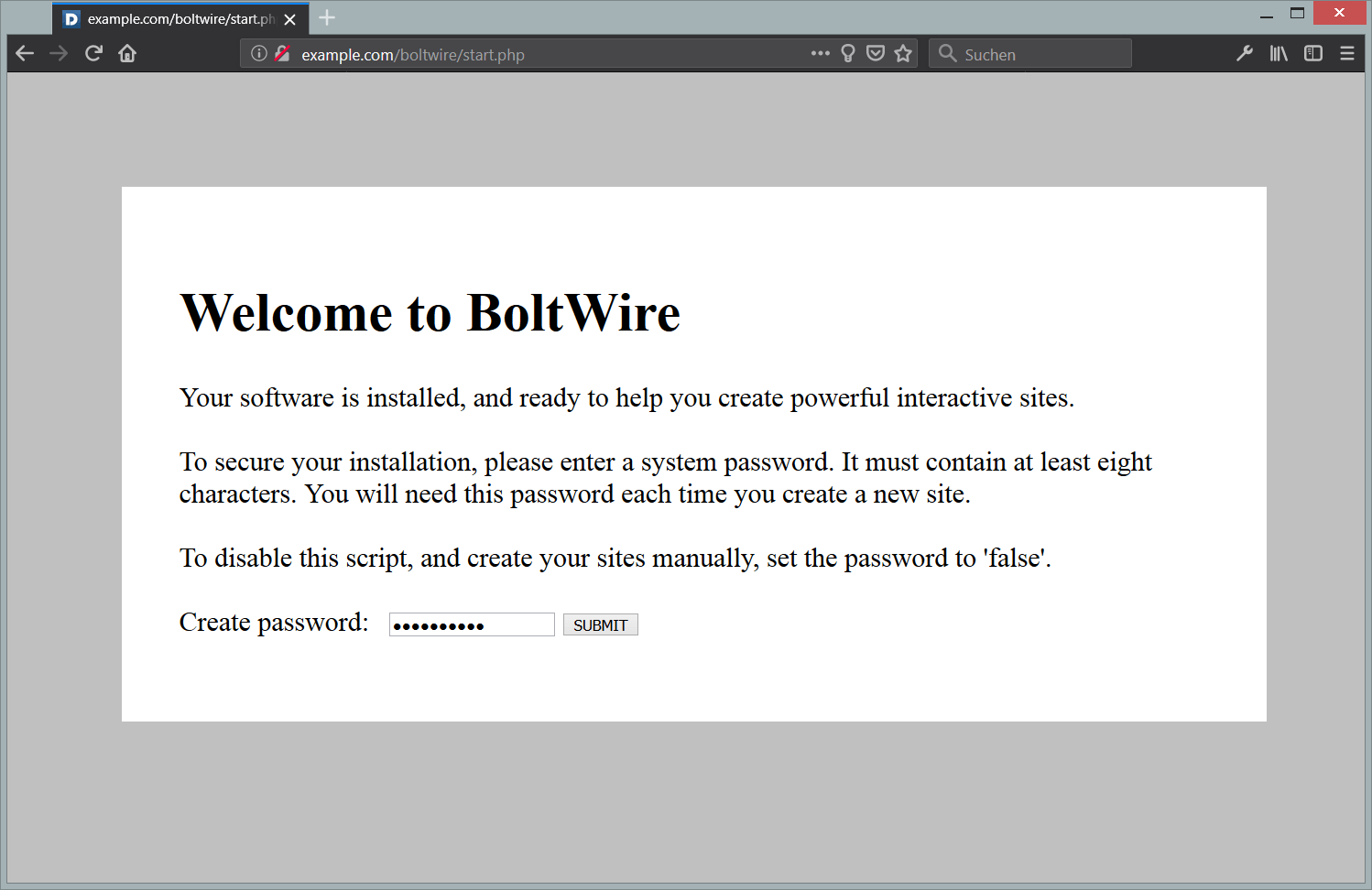Introduction
In this write-up, we’ll walk through how to backup multiple MySQL or MariaDB databases that sit on the same machine using a custom bash script and setting up a cron job.
Database Backup(s)
We’ll assume we have three MySQL databases on our Vultr instance named db-vultr-site, db-vultr-blog, db-vultr-app (Don’t worry about creating these databases, you’ll be able to substitute their names for yours hwere they are used in the script on Step 2 below).
-
Log on to your MySQL or MariaDB database and run below query to create a database user
db_user_backupsto handle backupsGRANT LOCK TABLES, SELECT, SHOW VIEW, REPLICATION CLIENT ON *.* TO 'db_user_backups'@'%' IDENTIFIED BY '{COMPLEX-PASSWORD}';Also run below to make sure MySQL is configured to properly restore stored procedures
SET GLOBAL log_bin_trust_function_creators = 1; -
Setup the necessarily directory structure and files needed
# create backup directory with environment and log file sudo mkdir /backups && cd /backups sudo touch .env db-backup.sh db-backup.log sudo chmod -R 775 /backups sudo chmod -R g+s /backups sudo chmod +x db-backup.sh # add mysql backup user credentials into environment file echo "export MYSQL_USER=db_user_backups" > /backups/.env echo "export MYSQL_PASS={COMPLEX-PASSWORD}" >> /backups/.env -
Open db-backup.sh
nano /backups/db-backup.shand paste the code below inside it, then save the file (Ctrl+X -> Y -> hit Enter).DB_NAMES=( 'db-vultr-site' 'db-vultr-blog' 'db-vultr-app' ) #replace with your own database name(s) BKUP_NAMES=() BKUP_DIR="/backups" # get total number of directories total_dbs=${#DB_NAMES[@]} # create backup file names for (( i=0; i<${total_dbs}; i++ )); do BKUP_NAMES[$i]="`date +%Y%m%d%H%M`-backup-$${DB_NAMES[$i]}.sql.gz" done # get backup users credentials source $BKUP_DIR/.env # create backups for (( i=0; i<${total_dbs}; i++ )); do # NOTE: --routines flag makes sure stored procedures are also backed up mysqldump --routines -u ${MYSQL_USER} -p${MYSQL_PASS} | gzip > ${BKUP_DIR}/${BKUP_NAMES[$i]} doneThe code above is looping through an array with the name(s) of the database(s) you want to backup and doing so.
Cronjob Setup
Setup a cronjob to run every midnight that runs the backup script and saves the result/output to backup log.
-
Open crontab
crontab -e -
Add below entry to crontab
0 0 * * * /usr/bin/env bash /backups/db-backup.sh &>> /backups/db-backup.logNote: While testing you can set cronjob to run every 1 minute instead like below
* * * * * /usr/bin/env bash /backups/db-backup.sh &>> /backups/db-backup.log-OR- every 5 minutes (replace 5 with the number of minutes you want)
*/5 * * * * /usr/bin/env bash /backups/db-backup.sh &>> /backups/db-backup.log
What’s Next
You will likely not want your backup(s) on the same server(s) running your database(s), but instead on a server in a different geographic location. There are several ways to do this, ranging from using SFTP, to using custom tools provided by the myriad of cloud storage providers available out there. One good alternative is Rsync as explained here – vultr.com/docs/setup-file-mirroring-using-rsync-in-debian-ubuntu
Written by Lami Adabonyan
Want to contribute?
You could earn up to $300 by adding new articles
Suggest an update
Request an article




